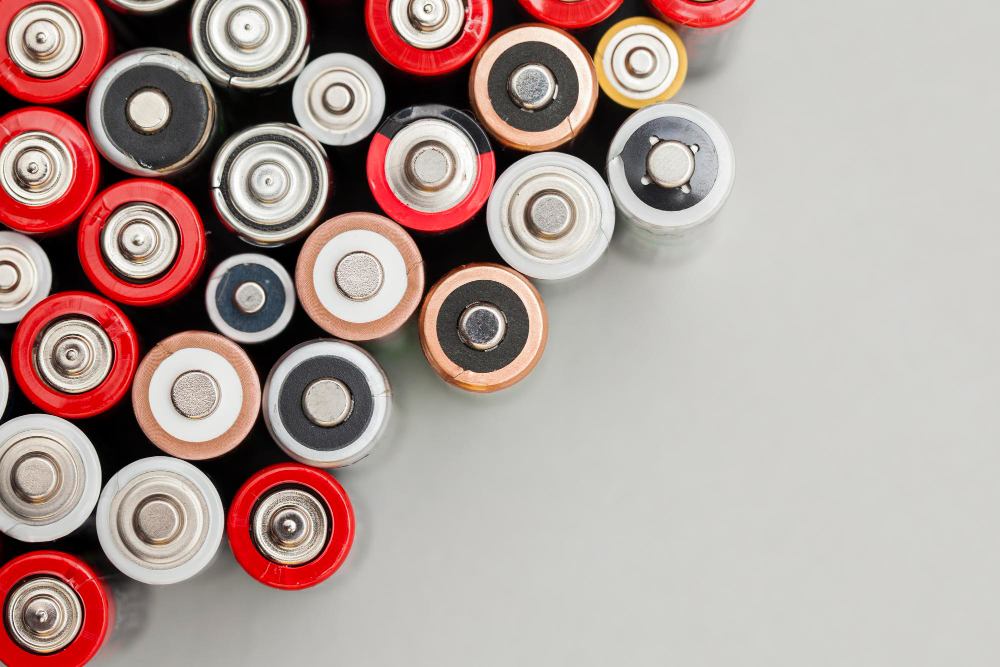For dumpster, container, and large loads please call
For dumpster, container, and large loads please call

Batteries are absolutely essential to the world we live in. The energy generated is stored in them and released when needed. They can be found in cellphones, windmills, solar panels, bicycles, electric cars, and pretty much everywhere we look. Because they can be recycled, they are very important, and their environmental impact varies greatly depending on how they are used and what kind of material they are. In this article, we will try to cover the environmental impacts and importance of recycling.
Lead-acid batteries, an important energy storage technology that has been around for almost a century, exhibit distinctive properties crucial for various applications. These batteries are inexpensive and have a high energy density. They can deliver a significant amount of electricity for prolonged periods of time, and they are strong. Lead-acid batteries are excellent for applications requiring a constant power supply, such as backup power sources and automotive starters, even though their efficiency may be lower than that of more modern technologies. Also, the fact that they are recyclable puts them at an advantage because the main environmental concern about these batteries is their lead, including nature.
But the more modern lithium-ion battery is also growing in popularity. A benefit of it is the enormous amount of energy it can use. For a time, its expensive nature limited its application to basic appliances like watches and cell phones, and this was one of its weaknesses. But today, laptops and electric vehicles both contain it. Lithium-ion battery manufacture uses a lot of energy and, unfortunately, increases carbon emissions considerably. Environmental concerns have prompted in response to the process of extracting lithium, a crucial component of these batteries. The process is known for using large amounts of water. So, the recycling of these batteries carries the utmost importance. Luckily, they can be recycled for up to 95%.
Battery recycling is crucial in reducing environmental risks, especially for lead-acid batteries. Improper disposal of these batteries might pose serious concerns due to the presence of poisonous compounds like sulfuric acid and lead. Recycling allows valuable materials to be recovered and lessens the demand for fresh resource extraction while also preventing these dangerous pollutants from harming soil and water. Not to mention, it reduces the energy and greenhouse gas emissions that come with producing new batteries. Battery recycling lessens the ecological footprint, protects natural resources, and encourages sustainability. These factors encourage responsible management of electronic waste and the preservation of the planet's health.
You can stop searching now that you've found M&M Recycling if you've made the decision to scrap your batteries and other items and are seeking a reputable scrap metal company. We are among the highest-paid scrap metal buyers, and we would be happy to purchase your items in order to give you additional income. We purchase an assortment of both ferrous and non-ferrous metals. To find out more about our accepted materials and costs, give us a call right now. Our goal is to make the scrap metal recycling procedure as simple as possible for you.